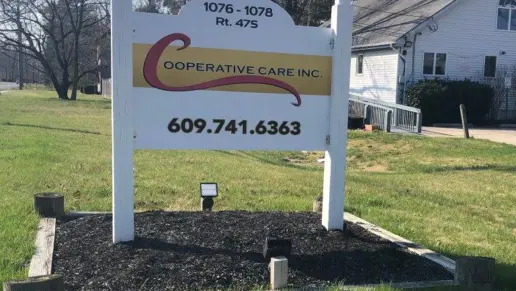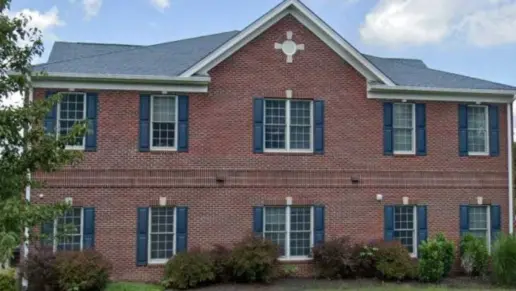About Catholic Charities of the Archdiocese of Newark
Catholic Charities of the Archdiocese of Newark provides drug addiction treatment in Union City, New Jersey. Their outpatient mental health programs offer a variety of professional mental health evaluation and treatment services to adults, adolescents and children. They also consult with and educate community agencies. Individualized assessment, goal oriented treatment planning, regular case reviews and client continuity of care are prioritized through the use of a professional team approach.
They also provide medication monitoring programs. The programs also manage the casework of adults who no longer need intensive care. Programs make use of both individual and group treatment models among other treatment formats. Medication support and psycho education for stabilized clients are the main goals of these programs.
Their partial care program offers comprehensive customized day treatment services for adults with severe and ongoing substance abuse or dependence. For clients who need daily living guidance and medication monitoring, this program offers a structured and encouraging environment. This program reduces or eliminates psychiatric hospitalizations while empowering clients to reach their highest level of functioning in the community. Case management, graduate groups and prevocational activities as well as aftercare are among the services offered.
Parents in Hudson County who have had their child or children removed from their care because of substance abuse can visit with them through their supervised therapeutic visitation program. Local DCP offices make service referrals, and court orders may also be required. Trained medical professionals oversee the visits and offer assistance while determining whether the parents are prepared for reunification.
Parenting skills, behavior modification techniques and safety awareness as well as an understanding of age appropriate noncorporal discipline are all covered during visits. Prior to reunification parents are assisted in their attempts to finish their court mandated programs such as substance abuse treatment.
Rehab Score
Gallery
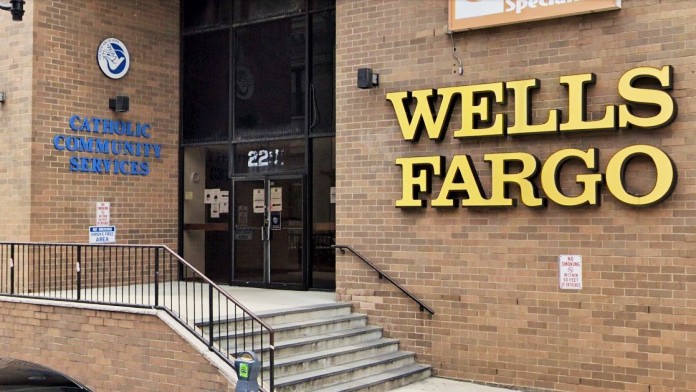
Location
Other Forms of Payment
Medicaid is a state based program that helps lower-income individuals and families pay for healthcare. Medicaid covers addiction treatment so those enrolled can use their coverage to pay for rehab. When a program accepts Medicaid the client often pays very little or nothing out of their own pocket.
Private insurance refers to any kind of healthcare coverage that isn't from the state or federal government. This includes individual and family plans offered by an employer or purchased from the Insurance Marketplace. Every plan will have different requirements and out of pocket costs so be sure to get the full details before you start treatment.
Self-pay involves paying for treatment out of your own pocket. You can use savings or credit, get a personal loan, or receive help from family and friends to fund your treatment. If you don't have insurance or your insurance plan doesn't cover a specific program, self-pay can help ensure you still get the care you need.
Financial aid can take many forms. Centers may have grants or scholarships available to clients who meet eligibility requirements. Programs that receive SAMHSA grants may have financial aid available for those who need treatment as well. Grants and scholarships can help you pai for treatment without having to repay.
Medicare is a federal program that provides health insurance for those 65 and older. It also serves people under 65 with chronic and disabling health challenges. To use Medicare for addiction treatment you need to find a program that accepts Medicare and is in network with your plan. Out of pocket costs and preauthorization requirements vary, so always check with your provider.
Sliding scale payments are based on a client's income and family size. The goal is to make treatment affordable to everyone. By taking these factors into account, addiction recovery care providers help ensure that your treatment does not become a financial burden to you or your family, eliminating one barrier to care.
Addiction Treatments
Levels of Care
Treatments
Many of those suffering from addiction also suffer from mental or emotional illnesses like schizophrenia, bipolar disorder, depression, or anxiety disorders. Rehab and other substance abuse facilities treating those with a dual diagnosis or co-occurring disorder administer psychiatric treatment to address the person's mental health issue in addition to drug and alcohol rehabilitation.
Mental health rehabs focus on helping individuals recover from mental illnesses like bipolar disorder, clinical depression, anxiety disorders, schizophrenia, and more. Mental health professionals at these facilities are trained to understand and treat mental health issues, both in individual and group settings.
Programs


Clinical Services
Research clearly demonstrates that recovery is far more successful and sustainable when loved ones like family members participate in rehab and substance abuse treatment. Genetic factors may be at play when it comes to drug and alcohol addiction, as well as mental health issues. Family dynamics often play a critical role in addiction triggers, and if properly educated, family members can be a strong source of support when it comes to rehabilitation.
Group therapy is any therapeutic work that happens in a group (not one-on-one). There are a number of different group therapy modalities, including support groups, experiential therapy, psycho-education, and more. Group therapy involves treatment as well as processing interaction between group members.
In individual therapy, a patient meets one-on-one with a trained psychologist or counselor. Therapy is a pivotal part of effective substance abuse treatment, as it often covers root causes of addiction, including challenges faced by the patient in their social, family, and work/school life.
Trauma therapy addresses traumatic incidents from a client's past that are likely affecting their present-day experience. Trauma is often one of the primary triggers and potential causes of addiction, and can stem from child sexual abuse, domestic violence, having a parent with a mental illness, losing one or both parents at a young age, teenage or adult sexual assault, or any number of other factors. The purpose of trauma therapy is to allow a patient to process trauma and move through and past it, with the help of trained and compassionate mental health professionals.
Amenities
-
Private Setting
Staff
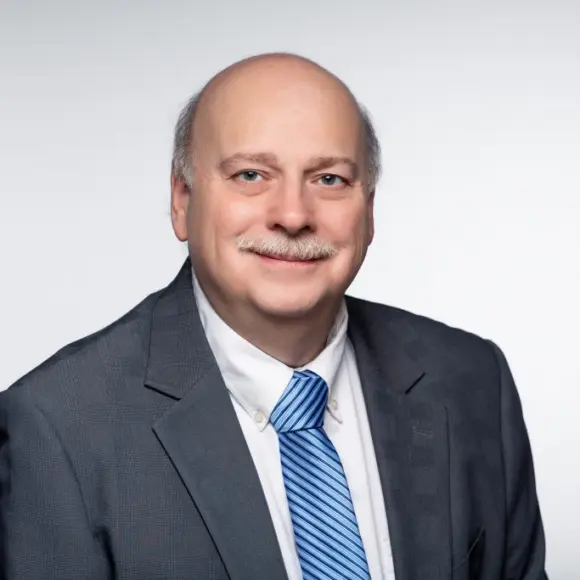
Chief Executive Officer
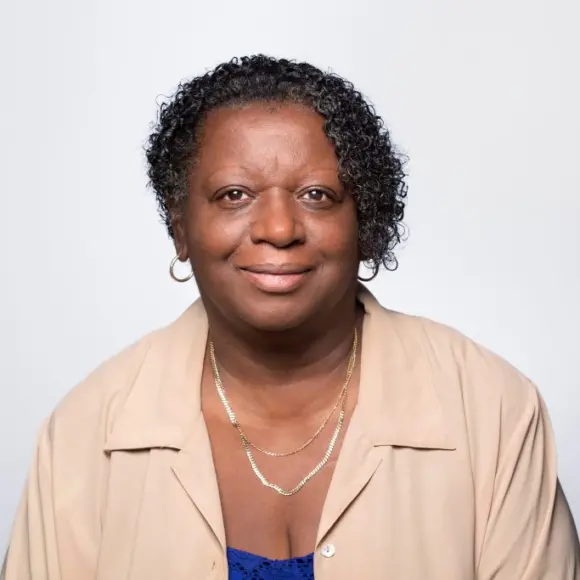
Associate Executive Director

Chairperson, Pastor, St. Philomena Church Livingston, NJ

Vice Chairperson, Anterix, Inc., Woodland Park, NJ
Contact Information
2201 Bergenline Avenue
Union City, NJ 07087

